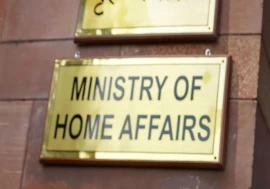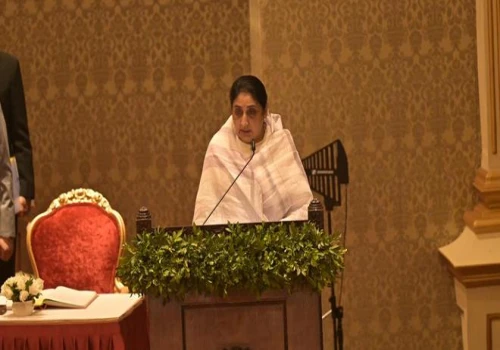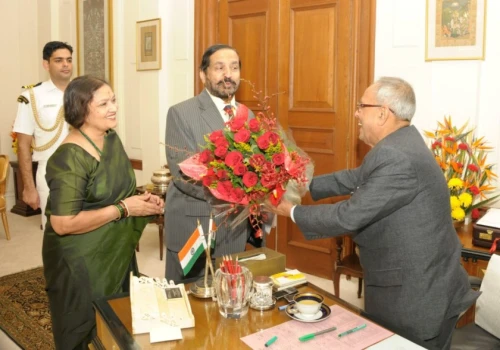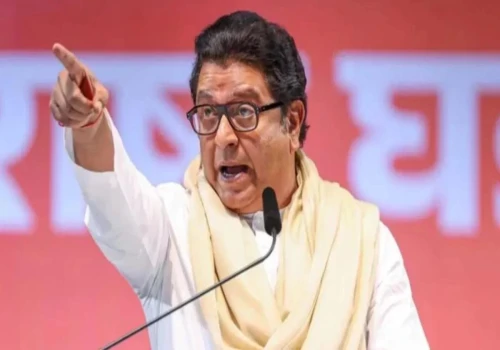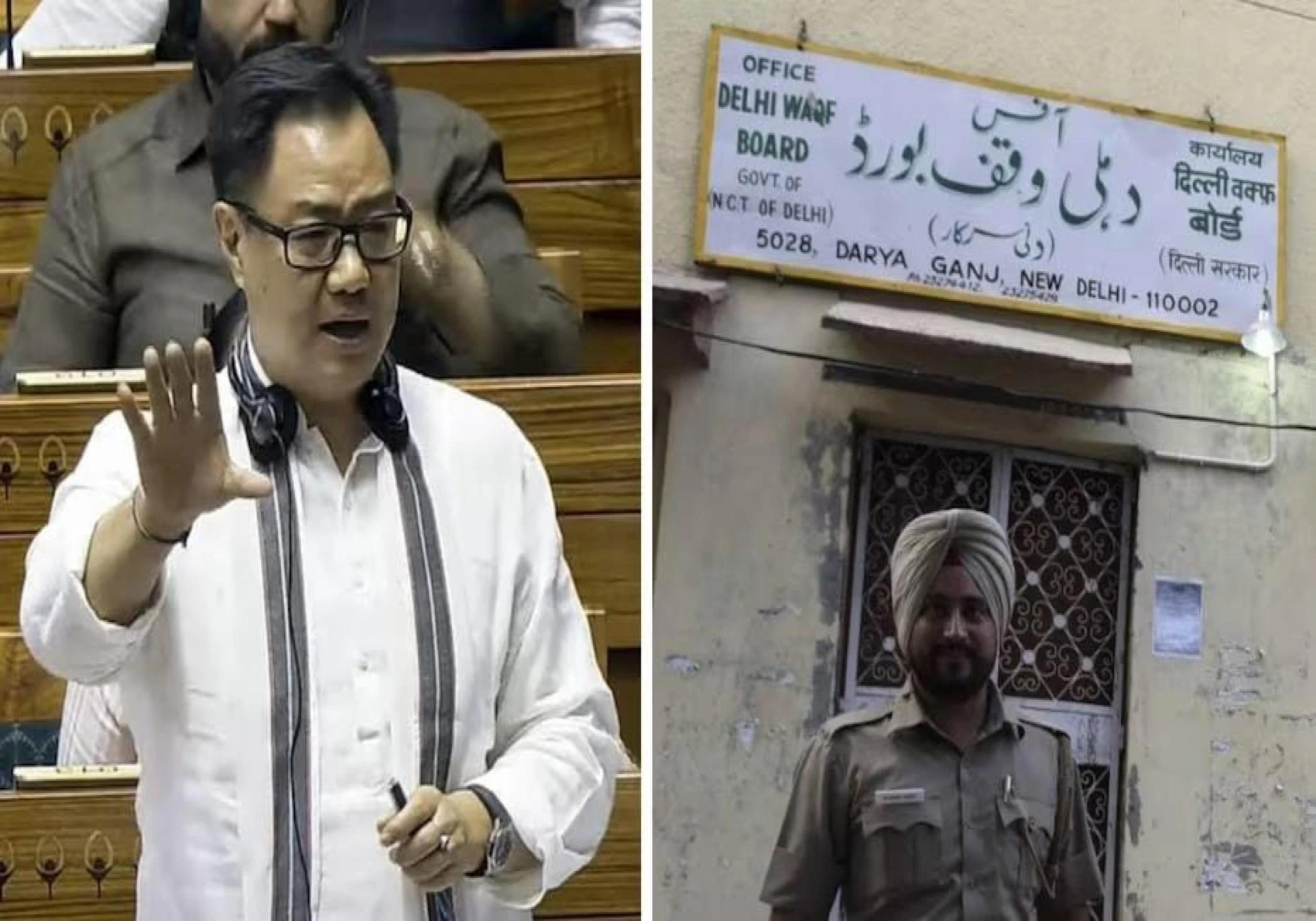
The general public knows that any property connected to the Muslim faith is being discussed as soon as they hear the name of the Waqf Board. Maybe that's why politicians in our nation have been treating it as a delicate subject. Vote bank tactics have resulted in a small number of influential and corrupt individuals controlling a holy organization established for the benefit of Muslims.
Just consider that the nation's land holdings for the army and the railroads are slightly smaller than the land held by an organization that continues to exist only as a puppet under the control of a small number of individuals. Additionally, this institution was given this weapon during the UPA regime, which they began to use needlessly, as a result of the Congress's appeasement tactics. Any land can be declared Waqf property by the Waqf Board. Furthermore, you are not even permitted to file a lawsuit in court to seek remedy if the board claims your land. Furthermore, the board lacks the funds to assist any impoverished Muslim, even with its about nine and a half lakh acres of land. Thus, before opposing the amending measure, the Waqf Board will undoubtedly consider these five factors.
Should 9.5 lakh acres of property be exempt from rules and regulations?
For the purpose of managing nine and a half lakh acres of land, one must consider whether regulations or rules are necessary. In order to properly administer and operate Waqf properties, the government informed Parliament that this law was being brought up. The administration renamed the law, maybe for that reason. The Waqf Act 1 shall now be known as the Integrated Waqf Management, Empowerment, Efficiency and Development Act, 1995, as noted to the Lok Sabha by Parliamentary Affairs and Minority Affairs Minister Kiren Rijiju.
Should 9.5 lakh acres of property be exempt from rules and regulations?
For the purpose of managing nine and a half lakh acres of land, one must consider whether regulations or rules are necessary. In order to properly administer and operate Waqf properties, the government informed Parliament that this law was being brought up. The administration renamed the law, maybe for that reason. The Waqf Act 1 shall now be known as the Integrated Waqf Management,Empowerment, Efficiency and Development Act, 1995, as noted to the Lok Sabha by Parliamentary Affairs and Minority Affairs Minister Kiren Rijiju.
Transparency, efficiency, and Waqf property registration and management are all addressed by the amending bill. A database and central portal are available for this. Now, due notice must be given to all parties involved before registering any property as a Waqf, and a thorough process must be followed in accordance with revenue rules.
Why are they objecting, the opposition?
The Parliament was informed by Union Minister Kiren Rijiju that the Waqf properties have not been adequately handled. The revenue record should have the mutation, and the board should be computerized. "The chairman of the JPC formed for the Waqf Board Act has been your senior leader, but we are doing what you could not do," Rijiju stated. Rijiju said in the House that if you support this law, crores of people would bless you. There are a few occupants of the Waqf board. Fairness won't be served to the underprivileged. Who opposed what will be revealed by history. Even throughout the Congress era, numerous committees have discussed the gaps that still exist regarding the 1955 Act from 2014 to the present. The Waqf Inquiry Report from 1976 contained a significant proposal. The way that audits and accounts are handled is incorrect; comprehensive management is needed. Naturally, everything that is taking place is only the fulfillment of previous demands made by the Muslim community.


